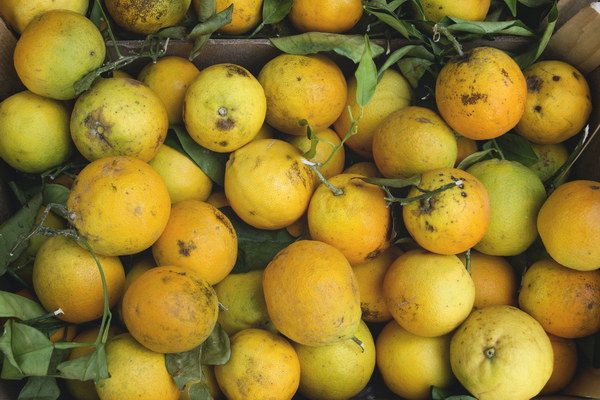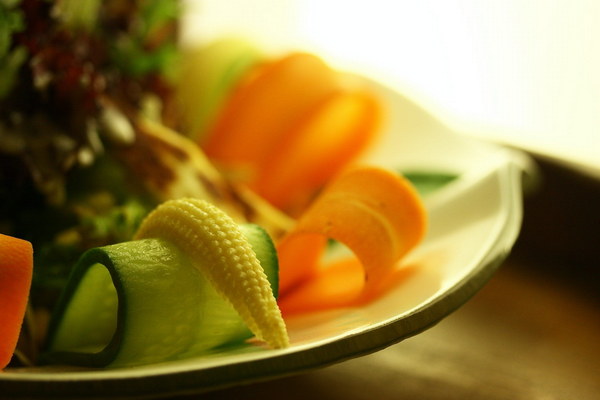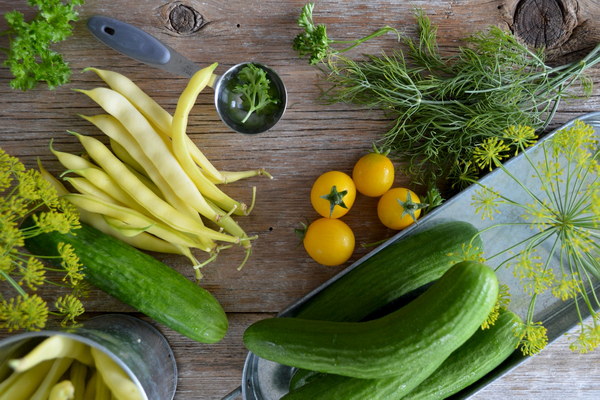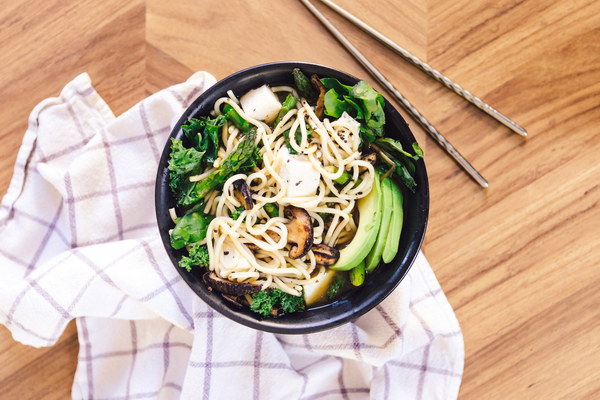Nature's Remedies Exploring Traditional Chinese Food-Based Deworming Practices
In the realm of traditional Chinese medicine, the concept of deworming has been prevalent for centuries. One of the most fascinating aspects of this practice is the utilization of food as a natural deworming agent. This article delves into the intriguing world of food-based deworming, exploring traditional Chinese methods and the science behind them.
Traditional Chinese medicine (TCM) posits that certain foods possess properties that can expel parasitic worms from the body. These remedies have been passed down through generations and are still widely practiced in modern times. While modern medicine offers effective pharmaceutical deworming treatments, the use of food-based deworming remains a popular choice among many individuals seeking holistic health solutions.
1. Garlic: A Versatile Deworming Agent
Garlic, known as suan in Chinese, has been traditionally used as a deworming agent due to its antiparasitic properties. The active compound allicin, found in garlic, is believed to disrupt the metabolism of worms, leading to their expulsion from the body.
To incorporate garlic into your deworming regimen, you can consume it raw or cooked. Eating a few cloves of garlic daily can help in eliminating parasitic worms. Additionally, garlic can be blended into a paste and applied topically to the affected areas to kill skin parasites.
2. Carrots: A Natural Deworming Remedy
Carrots, rich in beta-carotene and fiber, are another food item that can aid in deworming. The high fiber content in carrots can help in binding and removing worms from the digestive tract.
To utilize carrots for deworming, you can consume them raw or cooked. A simple and effective remedy is to blend carrots with honey and consume the mixture twice a day. This not only helps in deworming but also boosts the immune system.
3. Papaya: A Fruit with Parasite-Killing Properties
Papaya, known as xi gua in Chinese, is a fruit with potent deworming properties. The enzyme papain found in papaya is believed to break down the protective coats of parasites, making them vulnerable to the body's immune system.
To use papaya for deworming, consume one ripe papaya daily. Alternatively, you can mix papaya seeds with honey and consume the mixture twice a day for effective deworming.
4. Green Onions: A Natural Parasite Repeller
Green onions, known as cong qing in Chinese, are another food item that can be used for deworming. They contain sulfur compounds that are believed to kill parasites and expel them from the body.

To incorporate green onions into your deworming regimen, consume them raw or cooked. Adding green onions to your meals can help in preventing and treating parasitic infections.
5. Science Behind Food-Based Deworming
The science behind food-based deworming is still under research, but there is evidence to suggest that certain compounds found in food can be effective in treating parasitic infections. For instance, allicin in garlic has been found to have antiparasitic properties, while the high fiber content in carrots can aid in the removal of worms from the digestive tract.
It is important to note that while food-based deworming can be effective for some individuals, it may not be suitable for everyone. It is crucial to consult with a healthcare professional before attempting any deworming treatment, especially if you have underlying health conditions or are pregnant.
In conclusion, traditional Chinese medicine offers a wealth of knowledge on using food as a natural deworming agent. While modern medicine provides effective treatments, incorporating food-based deworming into your health routine can be a safe and holistic approach. However, it is essential to consult with a healthcare professional to ensure the best possible outcome.









